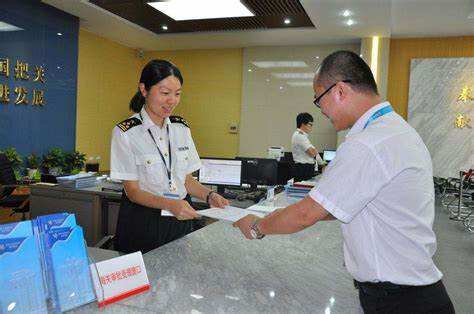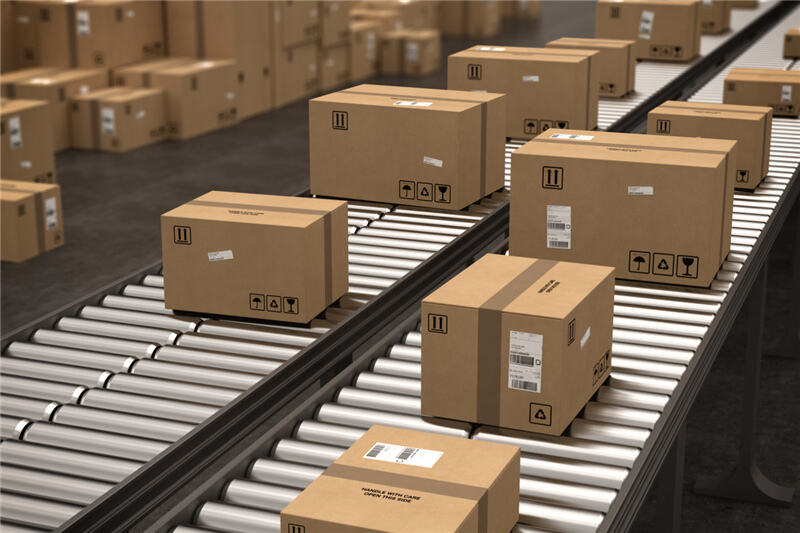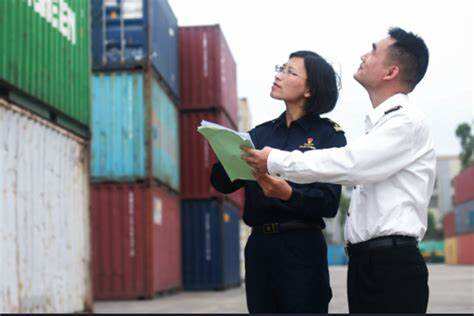logistics customs clearance
Logistics customs clearance is a critical process in international trade that facilitates the legal movement of goods across borders. This comprehensive service combines traditional documentation handling with modern digital solutions to ensure smooth import and export operations. The process encompasses various essential functions, including declaration filing, duty calculation, compliance verification, and regulatory adherence. Modern logistics customs clearance utilizes advanced software systems that integrate with government databases, enabling real-time tracking and status updates. These technological features include automated documentation processing, electronic data interchange (EDI) capabilities, and artificial intelligence-driven risk assessment tools. The system's applications extend to multiple industries, from retail and manufacturing to pharmaceuticals and technology sectors, providing tailored solutions for different cargo types and regulatory requirements. The process involves coordination between multiple stakeholders, including customs brokers, freight forwarders, shipping lines, and government authorities, all working within a synchronized digital ecosystem. This integration ensures accurate documentation, timely clearance, and compliance with international trade regulations while minimizing delays and potential penalties.


